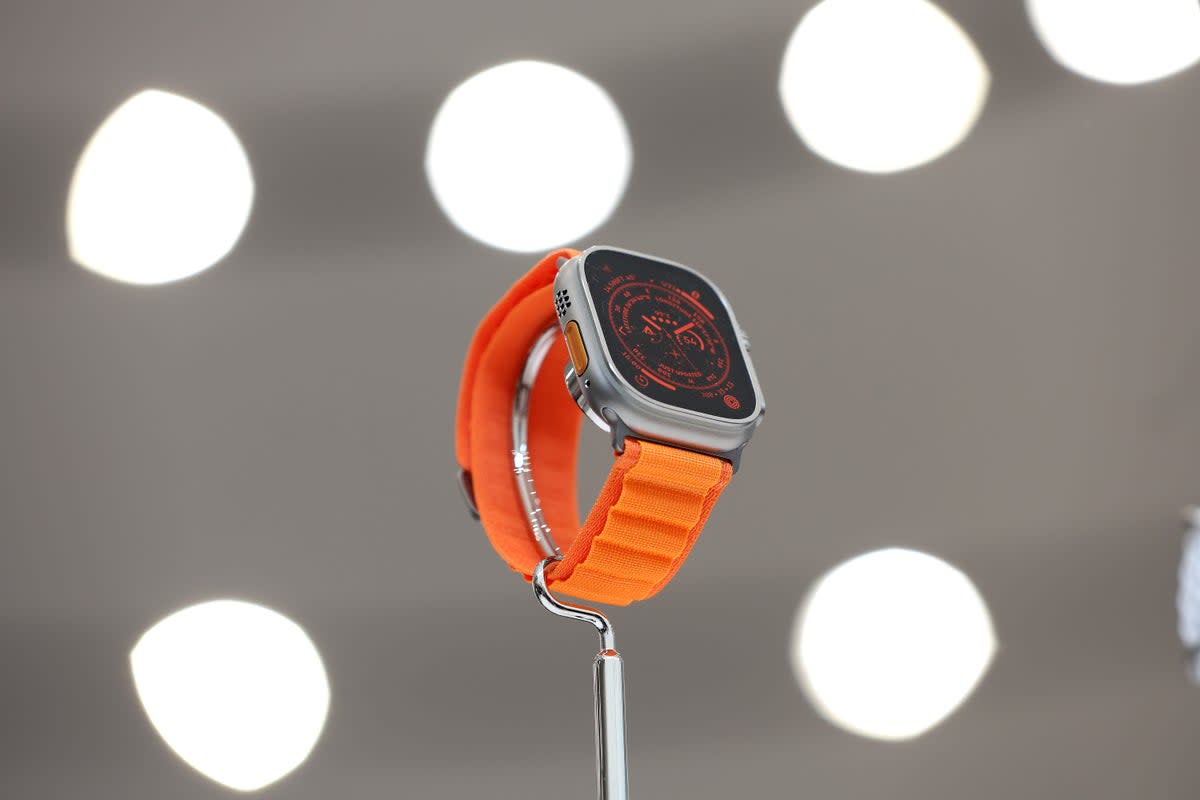Apple Watch could be banned from being imported to the US after White House declines to step in

A ban on importing Apple Watches for sale in the US could be getting closer, after the White House declined to step in.
For months, the US International Trade Commission (ITC) has been suggesting that it could uphold a patent ruling that would stop the Apple Watch from being imported because of a patent dispute.
The dispute relates to the EKG feature in the Apple Watch, which allows it to scan the heart for potential health problems. Another company, called AliveCor, claims that feature is infringing on its patents for such technology.
In December, the ITC issued a “final determination” that indicated that it agreed with AliveCor. The ruling recommended that Apple should not be able to import its Watch into the US for sale.
Around the same time, however, the Patent Trial and Appeal Board made a ruling on Apple’s side, and indicated that the patents that AliveCor points to are not valid.
For now, any action on the order that would ban Apple Watch imports has been paused, pending appeals. As such, affected Apple Watches will continue to be imported and sold in the US, for now.
All of the legal fight and process could have been brought to a conclusion if Joe Biden had used a presidential veto to allow those Apple Watch imports to continue. However, this week the White House declined to use that power, and that proceedings will continue.
It would be unusual for a president to step in on such decisions, reported The Hill. But 10 years ago, Barack Obama put a stop to a similar ban that would have stopped imports of iPhones and iPads, after a ruling that they violated Samsung patents.
In December, when the order to ban the Watch was initially made by the ITC, Apple indicated that it hopes to win in the argument.
“At Apple, our teams work tirelessly to create the best products and services in the world, with technology that empowers users with industry-leading health, wellness and safety features,” a spokesperson said in a statement then.
”While we firmly disagree with the ITC’s decision [in December], we are pleased that the exclusion order has been put on pause, consistent with past precedent. The patents on which AliveCor’s case rest have been found invalid, and for that reason, we should ultimately prevail in this matter.”

 Yahoo Movies
Yahoo Movies 
